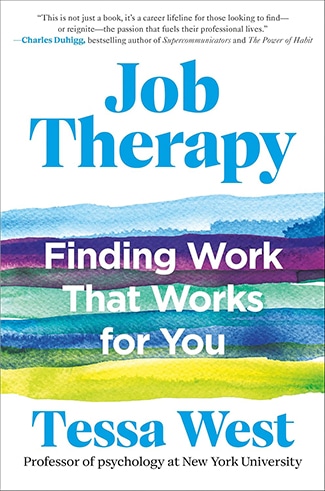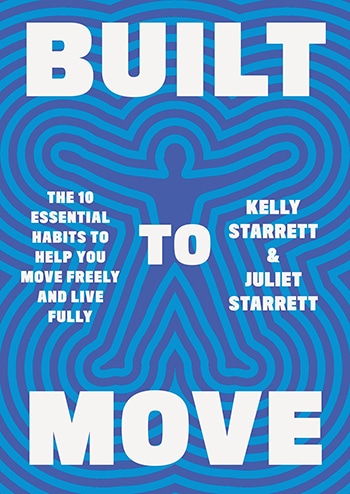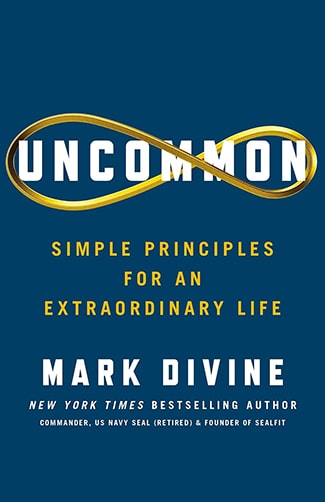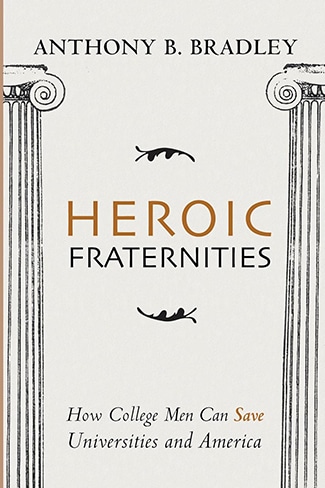Podcast Summary
JFK's Enduring Appeal: Personal Qualities and Family Allure: JFK's personal qualities, cool image, and family allure contributed to his enduring appeal, making him a highly regarded president whose legacy continues to inspire admiration today.
John F. Kennedy's enduring appeal and captivation of the American public can be attributed to his personal qualities and complexities. Despite his narrow victory in the presidency, JFK's image and the allure of the Kennedy family played a significant role in his popularity. Kennedy was seen as visionary, eloquent, elegant, ambitious, youthful, and full of vigor, qualities that resonated with the American people then and continue to be admired today. Additionally, his intentional cultivation of a cool and appealing image, along with his championing of physical fitness, contributed to his overall appeal. While JFK faced personal struggles and controversies, his presidency remains highly regarded and his legacy still holds sway on our collective imagination.
The Influence of Family, Rivalry, and Ambition in JFK's Journey to the Presidency: JFK's path to the presidency was shaped by his father's ambitions and the rivalry between him and his brother. Despite health issues, JFK had his own aspirations and a desire to make a global impact.
John F. Kennedy's path to the presidency was deeply influenced by his ambitious father, Joe Kennedy, and the rivalry between the two brothers, John and Joe Jr. Despite growing up in privilege, JFK faced numerous health issues that prevented him from reaching his full potential. Joe Jr., being the favorite son, achieved great success, which intensified the competition between them. When Joe Jr. tragically died, JFK felt the weight of fulfilling his father's aspirations falling on his shoulders. However, it is crucial to note that JFK also had his own ambitions and desired to be in the center of the action. Ultimately, his entry into politics was not just driven by his father's ambitions, but also aligned with his own aspirations and the post-World War II desire to make a mark on the world.
JFK's Experience in WWII Shaped His Leadership Philosophy: JFK's challenging experience in World War II influenced his approach to leadership, highlighting his courage, confidence, and focus on personal ambition rather than legislative accomplishments.
John F. Kennedy's experience in World War II greatly influenced his leadership philosophy. When his PT boat was split in half by a Japanese torpedo, JFK displayed courage and leadership by helping his crew mates swim to safety, even dragging an incapacitated troop to shore. This challenging experience in the war gave him confidence and shaped his approach to leadership. However, despite his wartime heroics, JFK's early political career was not particularly successful. He won a seat in Congress based on the power and prestige of the Kennedy family, but initially struggled on the stump. He eventually found success in the Senate, but his focus was always on becoming the presidential nominee. Unlike the power-hungry LBJ, JFK did not have much interest in the legislative process and instead wrote the book "Profiles In Courage" which became a commercial success and won the Pulitzer Prize, elevating his stature.
Kennedy's Leadership Style and Evolution as a President: Kennedy's ambition to be a hands-on leader with direct access to people regardless of their position presented challenges, but he evolved as a leader through learning from mistakes and inspiring the American people.
Kennedy wanted to be President because he saw it as the center of action, just like Johnny Unitas being the quarterback for the Baltimore Colts. He wanted to be in a position where he could get things done with minimal bureaucracy and inefficiency. Unlike his predecessor, Eisenhower, who had a hierarchical and stratified organizational structure, Kennedy wanted to have direct access to anyone he wanted to talk to, regardless of their position. However, this leadership style proved to be a detriment to him and his presidency, as he made mistakes and struggled to have a structured approach. Nevertheless, Kennedy was able to learn from his mistakes and continually evolve as a leader. His inauguration speech and the establishment of the Peace Corps demonstrated his ability to capture the imagination of the American people and inspire them to think beyond themselves and contribute to their country.
Kennedy's Leadership: Strength and Resilience versus Perception and Projection: Kennedy's ability to manipulate public opinion through projection and image management had both positive and negative consequences during his presidency.
John F. Kennedy's approval rating actually increased after the massive failure of the Bay of Pigs invasion. This shows that despite a major foreign policy blunder, the American public still believed in Kennedy's leadership and doubled down on his presidency. However, this perception of strength and resilience led to an even greater crisis - the Cuban Missile Crisis - as Kennedy's counterpart in the Soviet Union, Nikita Khrushchev, saw him as weak and exploitable. Kennedy was aware of the importance of projecting a certain image, especially through the medium of television, which played a significant role in his presidential victory. His charisma, elegance, and cool demeanor made him captivating not just to Americans, but to people all over the world. Overall, Kennedy's ability to manipulate public opinion and maintain the mystique surrounding his presidency had both positive and negative consequences throughout his time in office.
The Power of Image in JFK's Political Career.: JFK and Jackie recognized the influence of photography in shaping public perception, using it to connect with the public and elevate their political image. They remained resilient despite personal tragedies.
Image and perception played a significant role in John F. Kennedy's political career. Kennedy understood the power of photography and used media outlets like Life Magazine to his advantage. He recognized the impact of still images, particularly those featuring his young family, in connecting with the public and enhancing his political image. Additionally, his wife Jacqueline Kennedy also understood the importance of image and projected a refined and sophisticated persona that helped elevate the role of First Lady and the White House itself. Despite personal tragedies such as miscarriages and stillbirths, both JFK and Jackie remained resilient and navigated these challenges with the support of their family.
President Kennedy's Womanizing: Influenced by Family and Mortality: President Kennedy's womanizing behavior was influenced by his father's example, a competitive household, a desire to seize every moment, and a possible belief in a divine right to indulge in such behavior.
President John F. Kennedy's womanizing was influenced by several factors. Firstly, his father's own promiscuity set an example for him to follow. Kennedy grew up in a competitive household where bragging about conquests was the norm. Additionally, he had a desire to seize every moment of life and saw his own mortality as a reason to engage in fleeting relationships. While many lawmakers during that time had affairs, Kennedy took it to an extreme level. However, the most unforgivable aspect was his objectification and exploitation of a vulnerable 19-year-old intern. Despite these flaws, Kennedy compartmentalized these actions in his mind, possibly believing in a divine right to indulge in such behavior.
Kennedy's Stoicism and Commitment to Physical Fitness: Despite his own health challenges, Kennedy prioritized physical fitness and encouraged others to do the same, demonstrating the importance of leading by example.
Despite his numerous health challenges, John F. Kennedy displayed immense stoicism and courage throughout his presidency. Kennedy suffered from chronic pain and Addisons disease, yet he never let these ailments hinder his performance as President. He rarely complained about his pain, even to his closest friends and aides. Kennedy's experience with pain may have been a driving force behind his push for physical fitness and vigor, as he understood the importance of maintaining a healthy mind and body. He championed the idea of sound health, not only for individuals but also for the nation as a whole. Kennedy's commitment to physical fitness led to initiatives like the Presidential fitness test and the revival of the 50-mile march. Despite his personal struggles, Kennedy believed in leading by example and encouraged others to prioritize their wellness.
Kennedy's Composure and Learning from Mistakes: Keys to Handling the Cuban Missile Crisis: President Kennedy's composure, willingness to take responsibility for mistakes, and ability to learn from past experiences were crucial in successfully navigating the Cuban Missile Crisis.
President Kennedy was able to handle the Cuban Missile Crisis and achieve success in his presidency by learning from his previous mistakes and demonstrating equanimity under pressure. After the Bay of Pigs fiasco, Kennedy realized that his military advisors were too impulsive and hawkish. He learned to keep them at a distance and take responsibility for his actions, which earned him forgiveness from the American people. During the crisis, Kennedy's calmness and grace allowed him to navigate the situation effectively. He listened to the advice of Eisenhower and did not act rashly. Instead, he waited out Khrushchev and found a resolution through negotiations. Kennedy's ability to remain composed and level-headed in the face of extreme danger ultimately led to a successful outcome.
The Power of Words and Leadership: Shaping History through Inspiration and Humility: Kennedy's effective use of rhetoric and his journey towards humility and personal growth highlight the profound impact of leadership qualities in shaping the world.
Leadership and the power of words are crucial in shaping the course of history. Kennedy's ability to use rhetoric effectively, particularly during pivotal moments, allowed him to rally people and bring about change. His speeches on civil rights, the moon landing, and the Berlin Wall demonstrated how words can almost become deeds, inspiring action and garnering international support. Additionally, Kennedy's journey as a leader highlights the importance of humility and learning from mistakes. Despite initial recklessness and hubris, he quickly became more humble and committed to personal growth, ultimately becoming a more effective leader. This conversation underscores the significance of leadership qualities and the impact they can have on shaping the world.














